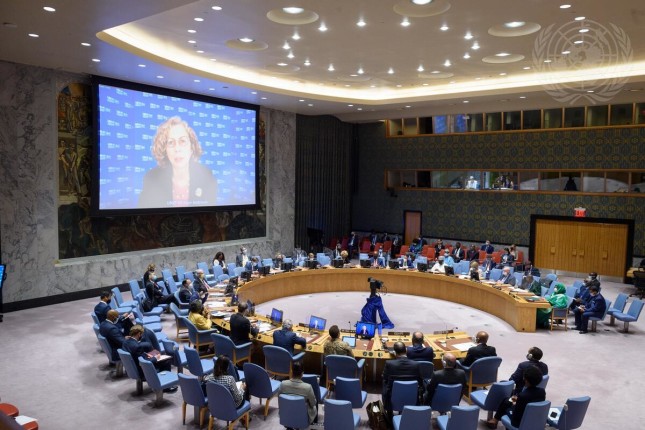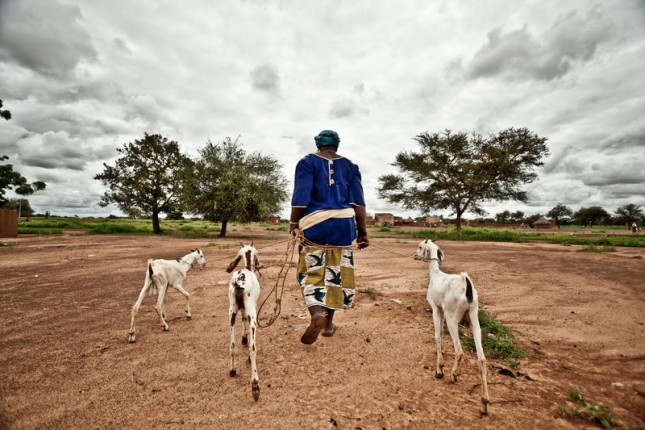-
Climate Security at USAID: (Re)defining an Integrative Issue
›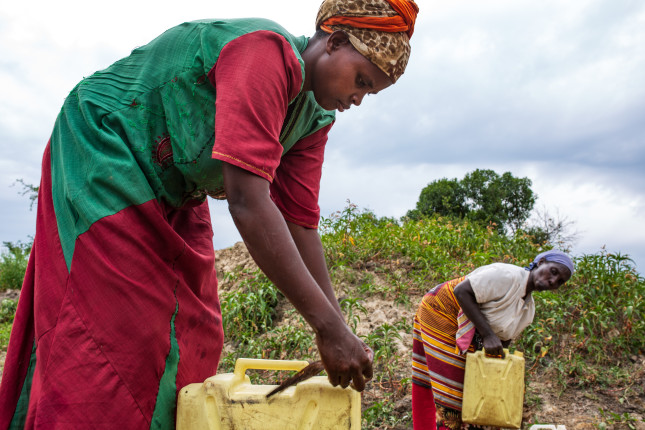
Climate security is an essential conceptual framework to understand the global interplay of biophysical and socioeconomic forces that threaten our planet. Indeed, it is so important that new currents of science, politics, and advocacy make refining definitions a necessity.
-
Creating an Environment of Peace Means Avoiding Backdraft
›
The much-needed transition to a zero carbon, green economy offers opportunities to contribute to peace, but only if the conflict risks of transition are understood and managed to produce a just and peaceful transition. That means minimizing “backdraft”—the unintended negative impacts of transition that are a key obstacle to that goal.
-
Beyond a “Threat Multiplier”: Exploring Links Between Climate Change and Security
›
Ever since the CNA’s Military Advisory Board—composed of former U.S. military personnel—named climate change as a “threat multiplier” in a 2007 report, the term has gained widespread currency both in environmental and national security circles. It also has propelled the need to assess and address climate-related security risks higher up overall policy agendas.
-
Climate Finance: Can Integrity and Transparency Prevent Environmental Catastrophe?
›
Earlier this year, the IPPC published yet another report underscoring the fact that rapid climate action is needed to limit global warming and avoid further irreversible, devasting environmental impacts. Over the next decade, the report calls for urgent, unprecedented social and economic transitions to reduce emissions and enable climate resilient development for vulnerable people.
-
Transformative Climate Security: A Conversation with Josh Busby
› Why does climate change lead to especially bad security outcomes in some places but not others? In this week’s New Security Broadcast, Josh Busby, Associate Professor at the LBJ School of Public Affairs at the University of Texas-Austin, discusses the latest thinking on this essential question as laid out in his new book, States and Nature: The Effects of Climate Change on Security, with ECSP Program Associate, Amanda King, and ECSP Senior Fellow, Sherri Goodman.
Why does climate change lead to especially bad security outcomes in some places but not others? In this week’s New Security Broadcast, Josh Busby, Associate Professor at the LBJ School of Public Affairs at the University of Texas-Austin, discusses the latest thinking on this essential question as laid out in his new book, States and Nature: The Effects of Climate Change on Security, with ECSP Program Associate, Amanda King, and ECSP Senior Fellow, Sherri Goodman.
-
Water Diplomacy can Learn from Realist Ideas
›Guest Contributor // Water Security for a Resilient World // July 19, 2022 // By Sumit Vij, Jeroen Warner, Mark Zeitoun & Christian BréthautAs Russia’s war in Ukraine continues and nations are returning to behaviors best explained by realism, we are wrestling with these trends’ longer-term implications on water diplomacy. States are becoming inward-looking and prioritizing national sovereignty. Debates about water and climate are resurfacing, and we should better understand how hard power and inward-looking approaches can impact water diplomacy and cooperation. To inform policymakers about power sensitivities and power games played in diplomacy, water diplomats must rethink the future of water security and peace. They should reexamine leadership styles, cultural sensitivities, and knowledge exchange from the lens of realism.
-
What’s in a Name? Making the Case for the Sahel Conflict as “Eco-violence”
›
The Sahel region of Africa is a semi-arid, arc-shaped landmass that stretches 3,860 kilometres from Senegal across portions of Mali, Burkina Faso, Niger, Nigeria, Chad, and even Sudan. It is also the most neglected and conflict-ridden part of the planet, according to the Norwegian Refugee Council.
-
Responsible Research Won’t Be Enough to Control Solar Geoengineering
›
As climate change worsens, the once-unimaginable power to use technology to cool the planet—a method known as “solar geoengineering”—has quietly entered the realm of possibility. Yet the prospect of developing such planet-altering technologies has launched an intense debate: Can this be achieved responsibly? Should it be attempted at all?
Showing posts from category environmental security.


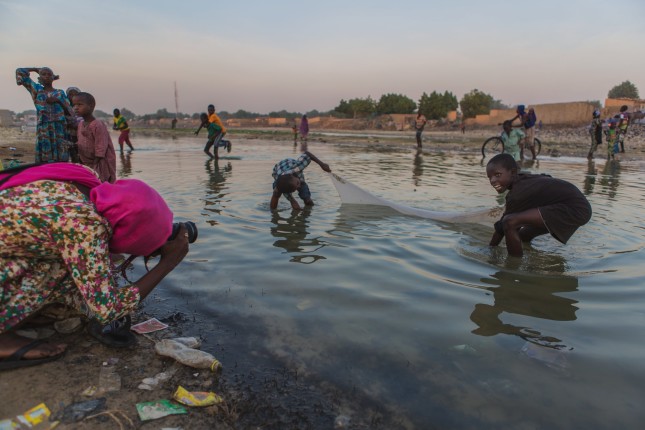
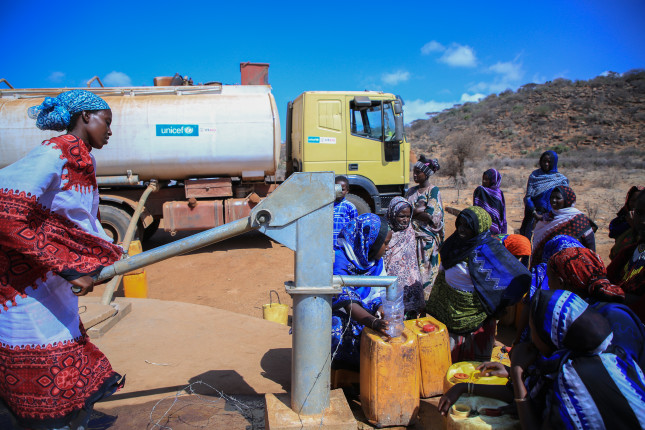
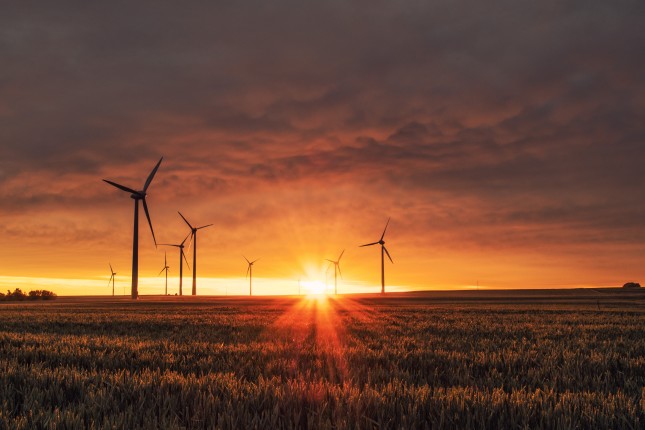
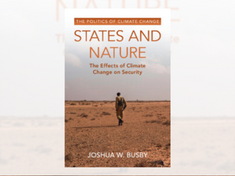 Why does climate change lead to especially bad security outcomes in some places but not others? In this week’s New Security Broadcast, Josh Busby, Associate Professor at the LBJ School of Public Affairs at the University of Texas-Austin, discusses the latest thinking on this essential question as laid out in his new book,
Why does climate change lead to especially bad security outcomes in some places but not others? In this week’s New Security Broadcast, Josh Busby, Associate Professor at the LBJ School of Public Affairs at the University of Texas-Austin, discusses the latest thinking on this essential question as laid out in his new book, 